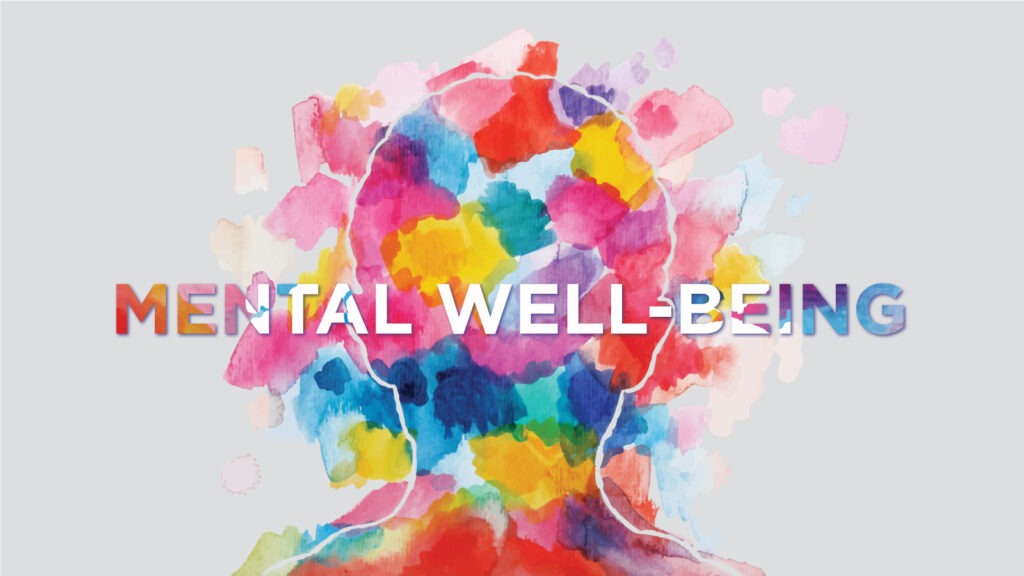
Mental Well-Being
In a recent email, GC staff were encouraged to maintain their mental well-being with the following tips. These are too good not to pass along here.
Whether you are going into work or working from home, the COVID-19 pandemic has probably changed the way you work. Fear and anxiety about this new disease and other strong emotions can be overwhelming, and workplace stress can lead to burnout. How you cope with these emotions and stress can affect your well-being, the well-being of the people you care about, your workplace, and your community. During this pandemic, it is critical that you recognize what stress looks like, take steps to build your resilience and manage job stress, and know where to go if you need help. Below is a list of tips to help maintain mental well-being during COVID-19 pandemic;
6 Tips to Maintain Mental Well-Being
Keep a Routine
One of the best things that you can do to preserve your mental well-being is to stick to a routine. For example, if you’re used to going to the gym before work, try to wake up early and get an at-home workout in before you go to work or start working at home.
Maintaining as much normalcy as possible with your daily routine can help keep your mood as lifted as possible and prevent boredom and distress from taking over.
If you have children who will be at home now, then creating a routine for them is also important. Implement a structured schedule for them, whether they are practicing virtual learning with their schools or if they are just at home, so they know what your expectations are. Try to limit screen time as much as possible and incorporate learning activities throughout the day.
Get a Good Night’s Sleep
This goes hand in hand with sticking to a routine. While you’re at home, it can be easy to go to bed or sleep in later than you typically would. Breaking your normal sleep routine can have negative effects on your overall mental well-being, so try to stick to your typical sleep schedule.
Spend Time Outside
Unless health officials give explicit instructions to stay home no matter what, try to get outside periodically throughout the day. This could involve going out in your backyard or taking a walk around the block, but it shouldn’t include going to a busy park or other areas where groups of people may be.
Being outside also helps to promote higher levels of vitamin D, which the body makes when skin is directly exposed to the sun. Many people are deficient in vitamin D, so exercising outside can be a great way to correct that.
Leverage the Power of Technology
When in quarantine or self-isolation, feeling lonely is common. Fortunately, advancements in technology have made it easy to connect with others without having to be in physical contact with or in close proximity to them. The Substance Abuse and Mental Health Services Administration (SAMHSA) recommends using technology to reach out to loved ones to reduce feelings of loneliness and anxiety, and to supplement your social life while you’re quarantining or social distancing. If you’re feeling down, use video-calling technology or social media to get in touch with friends and family.
Don’t Obsess over the News
It can be easy to become overwhelmed by watching the news and reviewing the updates of the COVID‑19 situation. While it’s important to be informed, you should not obsess over the news. For example, instead of monitoring the news all day from home, consider checking for updates once in the morning and once at night.
Practice Positivity and Gratitude
Taking five minutes a day to write down the things you’re grateful for has been proven to lower stress levels and can help you change your mindset from negative to positive. While you’re quarantining or social distancing, it’s important to build time into your routine to practice positivity or express gratitude, to improve your mindset and boost your mood.
Summary
Your mental well-being plays a huge role in your physical health and well-being, and it should be prioritized.
